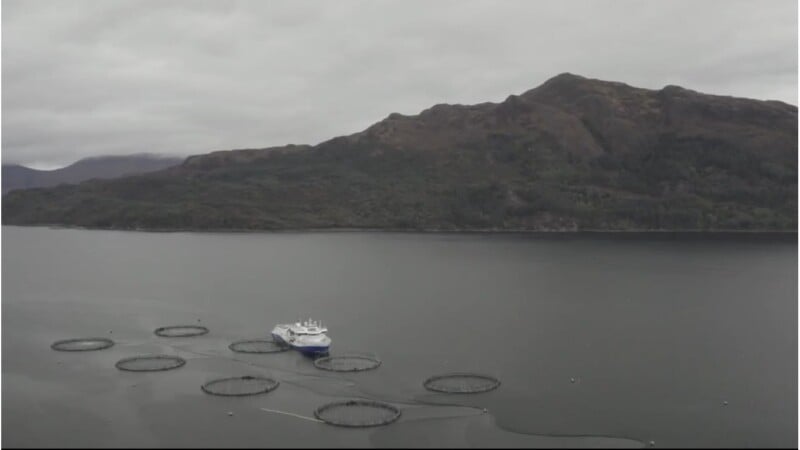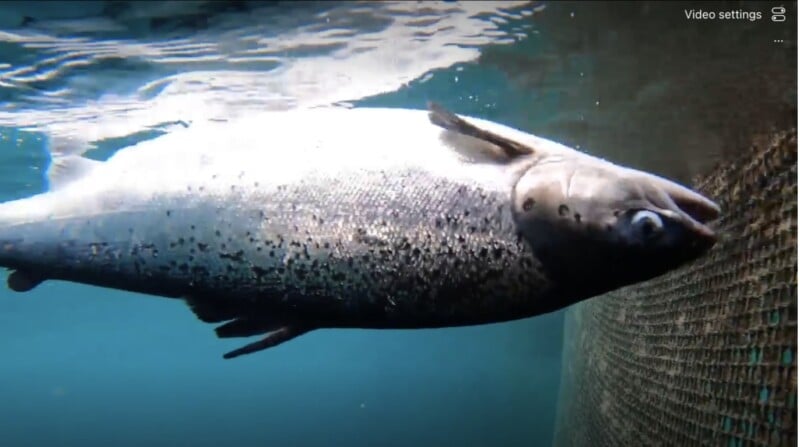Photographer Sues Netflix for Using His Images in ‘You are What You Eat’ Documentary
A photographer is suing Netflix for allegedly using his images and videos of fish farms in the documentary series You Are What You Eat: A Twin Experiment.
The Netflix documentary series You Are What You Eat: A Twin Experiment follows a group of identical twins who change their diets and lifestyles for eight weeks to explore how different foods impact the body.

![]()
According to Law.com, photographer and videographer Corin Smith is now suing Netflix claiming that the streaming service used his still images and video clips of open-cage salmon farming in both the series and its promotional materials without his approval.
Warning: This article contains distressing images of salmon fish farming.
Smith filed a copyright infringement lawsuit against Netflix and the Oceanic Preservation Society (OPS) which produced the documentary series in the U.S. District Court for the Central District of California on Thursday.
The photographer claims that Netflix and the OPS illegally drew from his work to depict the environmental and dietary harms of open-cage salmon farming or the method of farming salmon from open-net pens in waterways.

![]()
![]()
![]()
Smith has been documenting the environmental impact of open-cage salmon farming in his photographs and drone footage for several years.
“Smith is known of a singularly unique understanding of the industry and its operations, which allows him to create videos and photographs in dangerous and logistically challenging environments,” the complaint alleges.
The lawsuit also adds that Smith’s “work is frequently noted for its aesthetic and cinematic quality” and the photographer has “created some of the most impactful and iconic images and videos of open cage salmon farming.”
However, the photographer claims that Netflix used his images and video clips without consent in the documentary series You Are What You Eat: A Twin Experiment and marketing materials.
According to Law.com, Smith says that he reached out to both OPS and Netflix about the use of the copyrighted videos.
OPS allegedly told Smith that the videos had already been licensed by an animal rights activist named Don Staniford. Smith had previously granted Staniford permission to feature his videos on Staniford’s personal YouTube page, where OPS accessed the content. However, according to the complaint, Smith never authorized or assigned any right to Staniford.
The photographer is seeking damages to be established at trial and disgorgement of profits from the Netflix series. Netflix and OPS did not immediately respond to Law.com’s requests for comment.
Image credits: All photos via court documents.